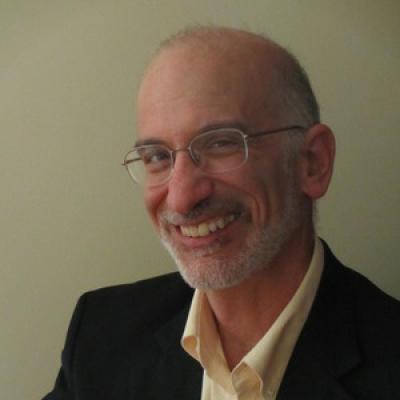
Fake news. Disinformation. Bots. FBI indictments of Russian nationals for attempts to influence the U.S. election. Suddenly the new world of communication—Internet, social media, blogs—has come to the center of world attention, and Western democracies, including our own, are struggling to adjust to new realities, for better and for worse.
Our discipline of communication finds itself at the center of efforts to understand and address such issues. How we train our undergraduates in making sense of this new world, in participating responsibly as journalists, strategic communicators, communication specialists, and citizens, has never been so important. The role of quality, evidence-based journalism is also increasingly recognized, and the training available through the Lantern and our courses is likewise increasingly valued, less and less taken for granted.
I’m also very glad to acknowledge the research efforts of our world-class faculty, who have played leading roles in advancing understanding of these issues. For example, Kelly Garrett, with support from the National Science Foundation, examines how and why rumors and misinformation spread online, studying social media and partisan online news use, incivility, unconscious psychological biases, and the strategies that individuals use to decide what is true. Erik Nisbet, through the Comparative National Elections Program at OSU and partially funded by a grant from the National Science Foundation, has been measuring belief in fake news and Russian disinformation in elections held in the United States, France, Great Britain, and Germany over the past year. Erik and Olga Kamenchuk, a new clinical faculty member joining us in the fall, are also developing training materials for foreign journalists on how to counter disinformation.
We are launching this summer an effort of our faculty to collaborate to do even more ambitious and significant research to address such issues. The School of Communication is one of the pre-eminent programs in the world for the study and the teaching of communication, and we aim to contribute research-based knowledge to our society. We also are dedicated to addressing these issues in the classroom: for example, we are developing a course designed for all OSU undergraduates to provide a fundamental understanding of online, social, and traditional media—how to assess information and sources critically, recognizing the biases of others as well as one’s own—to strengthen informed citizenship, one of this university’s key missions.
This is an exciting place. And what we do—in teaching, in research, in service to our society—matters.
